The pandemic reached every corner of the world, infecting more than 90 million and, so far, has killed close to 2 million people worldwide. The crisis responses, however, entailed difficult choices between saving lives and saving livelihoods, between speed of delivery and efficiency, and between short-term costs and long-term impacts.
SDG #8: Decent work and economic growth
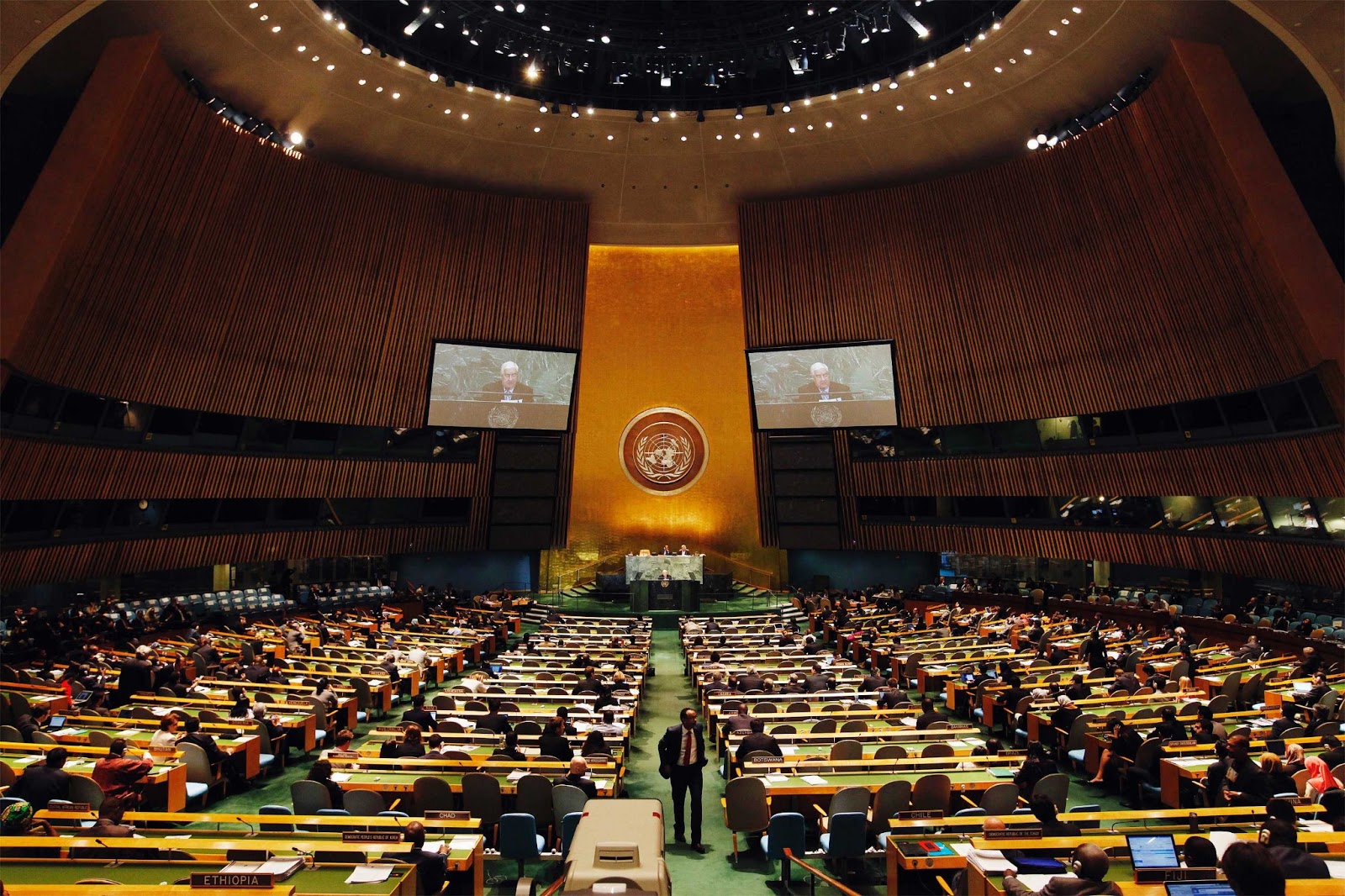
while a deeper crisis has been averted in the immediate term, central banks are facing an increasingly challenging operating environment, characterized by structurally weaker economies, greater uncertainty, and more fragile financial systems. This new post-crisis reality may force a rethink of the role of central banks and monetary policy.
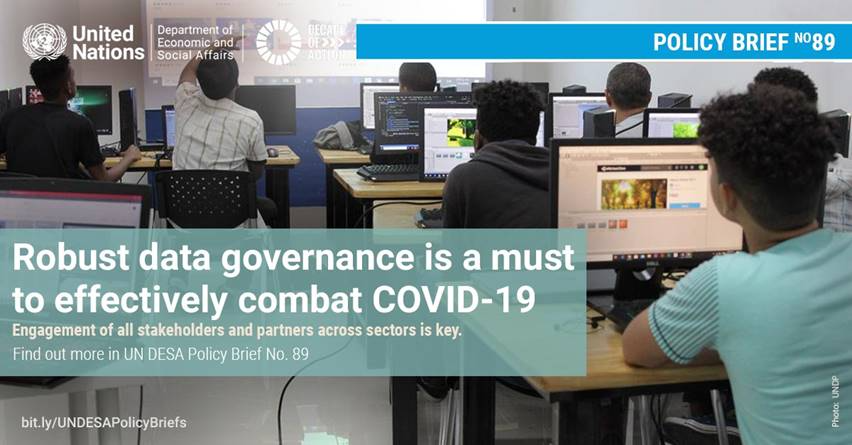
Governments are using big data analytics to get prepared, react effectively, and develop both short term and long-term strategies. Yet, increasing public concerns about data privacy and security put in jeopardy public trust in data collection, use and dissemination by government, business and relevant non-government institutions.
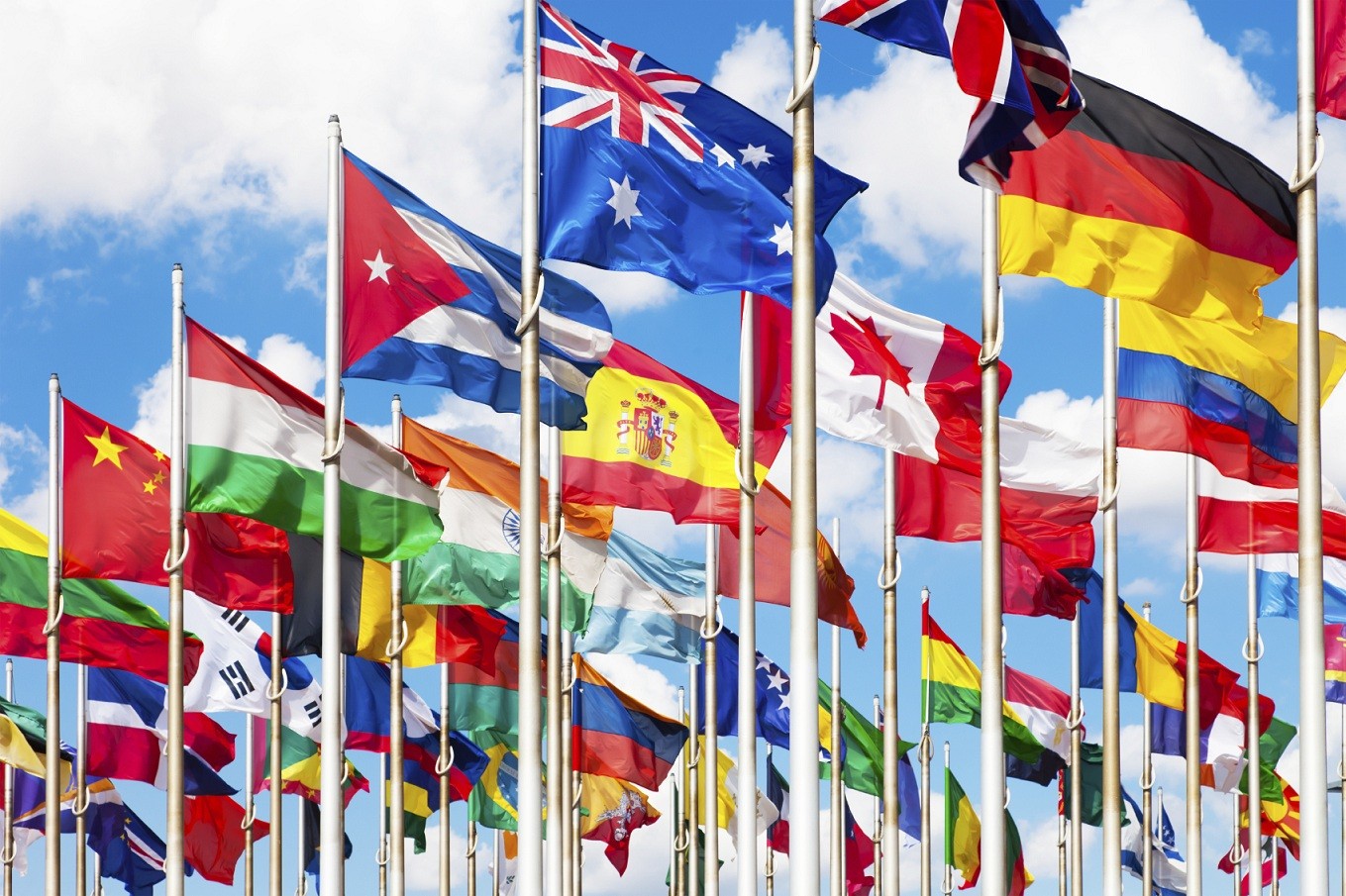
The world registered a record reduction of energy-related CO2 emissions in the first half of 2020. However, this year?s reduction is projected to be a one-time dip, and only has an infinitesimal impact on the buildup of atmospheric CO2
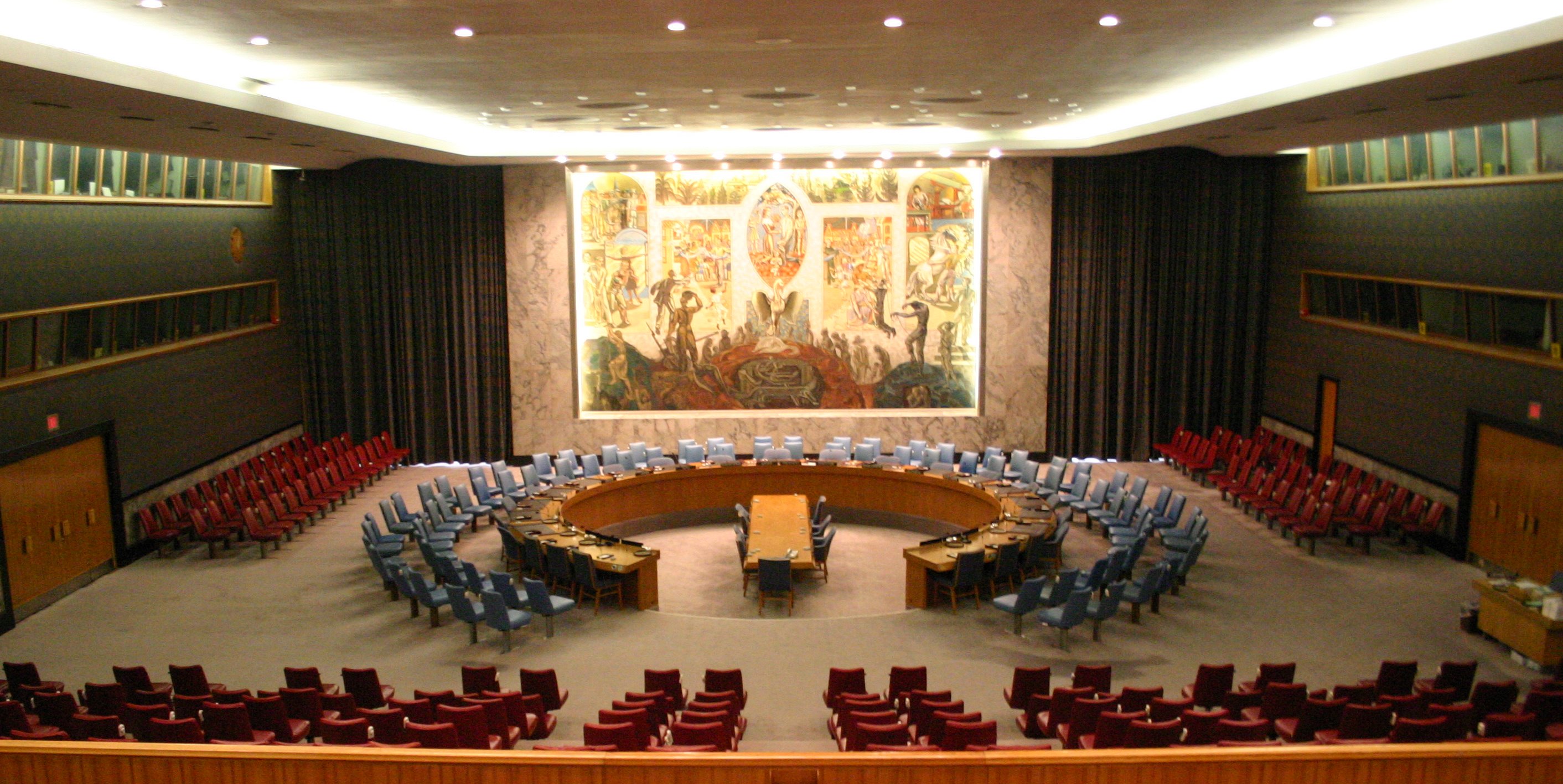
This policy brief aims to provide an analysis of the adverse impacts of the pandemic on the income generation function of forests, and the current and future funding trends for forests.
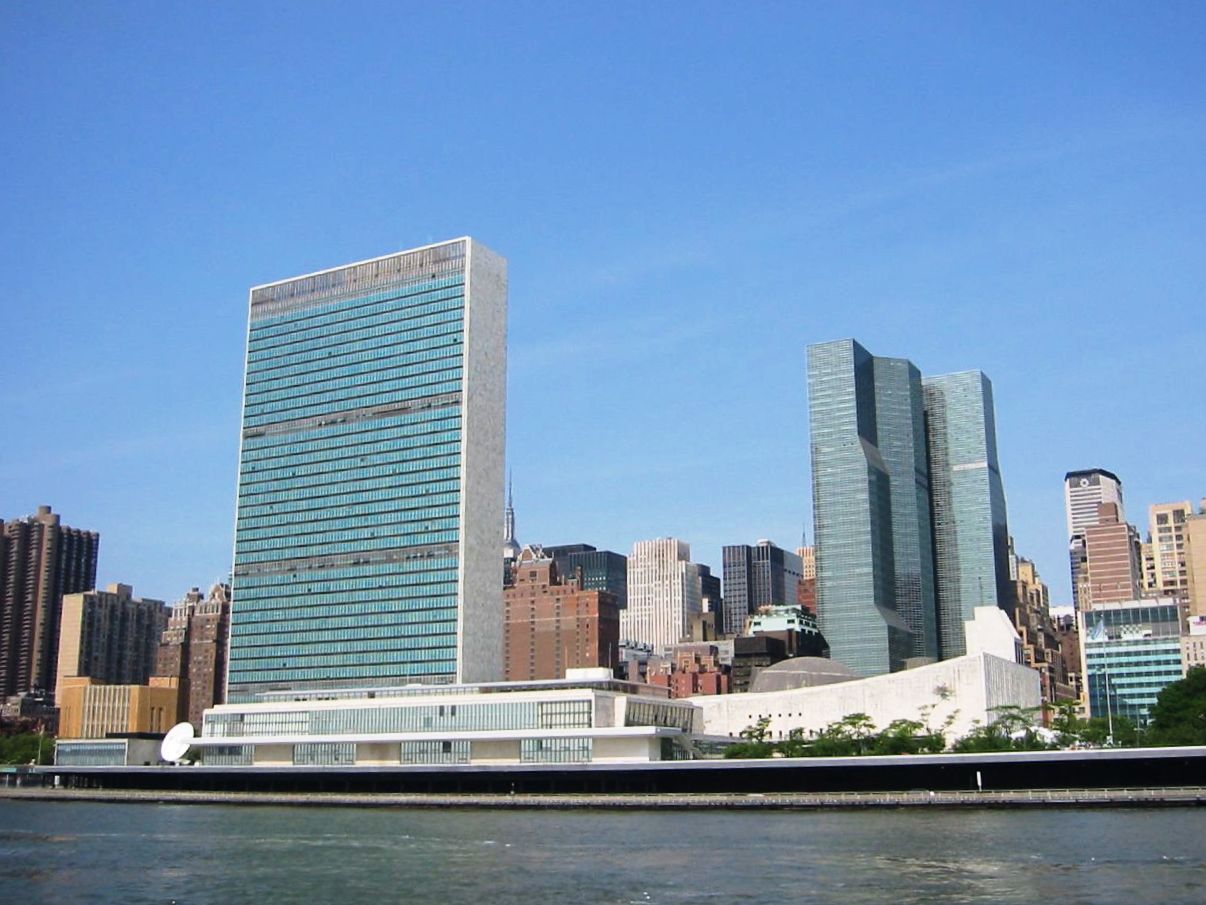
This Frontier Technology Issue shows how many countries are using technologies in response to the pandemic, to create decent work, improve health services and outcomes, and promote education and learning.
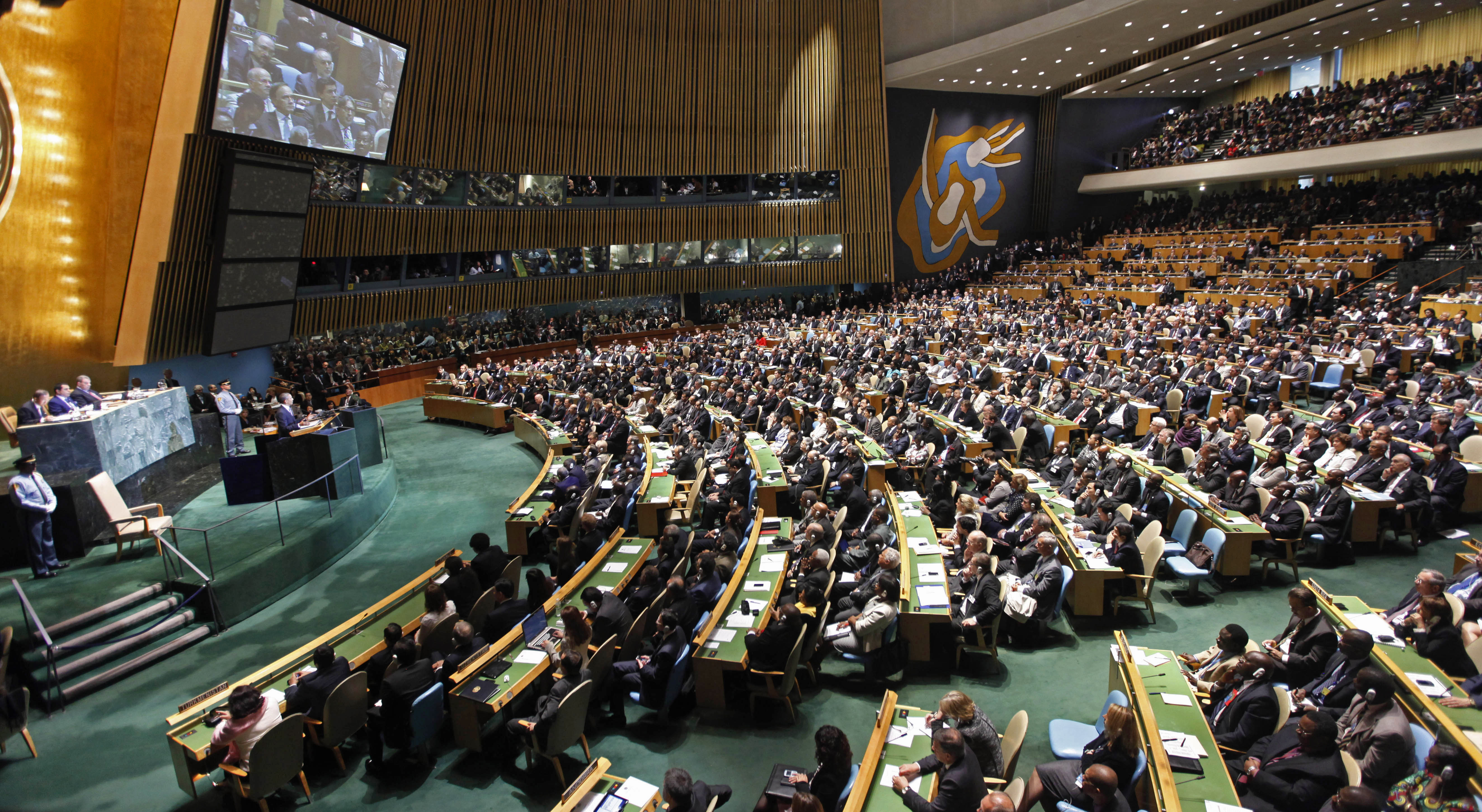
Financing has emerged as a key challenge in SDG implementation. Yet, a recent study found that 79 out of 107 national sustainable development plans are not costed. Integrated national financing frameworks (INFFs) can help countries to close this gap.

The drastic policy measures by the European Central Bank (ECB) over the past years, notably its asset purchase programmes, have led to fears of money flooding the economy and that this will ultimately result in run-away inflation further down the line.
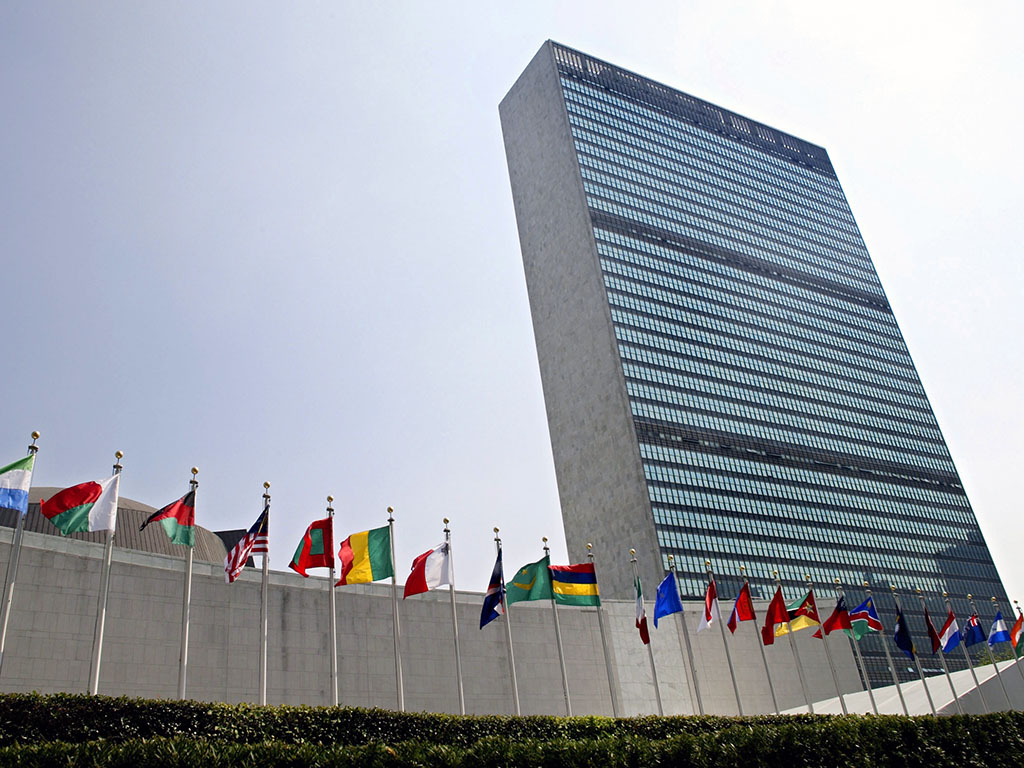
As developing countries currently face the prospect
of costly debt crises with far-reaching consequences,
global action is urgently needed. The window to mitigate
the disastrous long-term consequences of COVID-19 on
poverty is closing rapidly.
 Welcome to the United Nations
Welcome to the United Nations